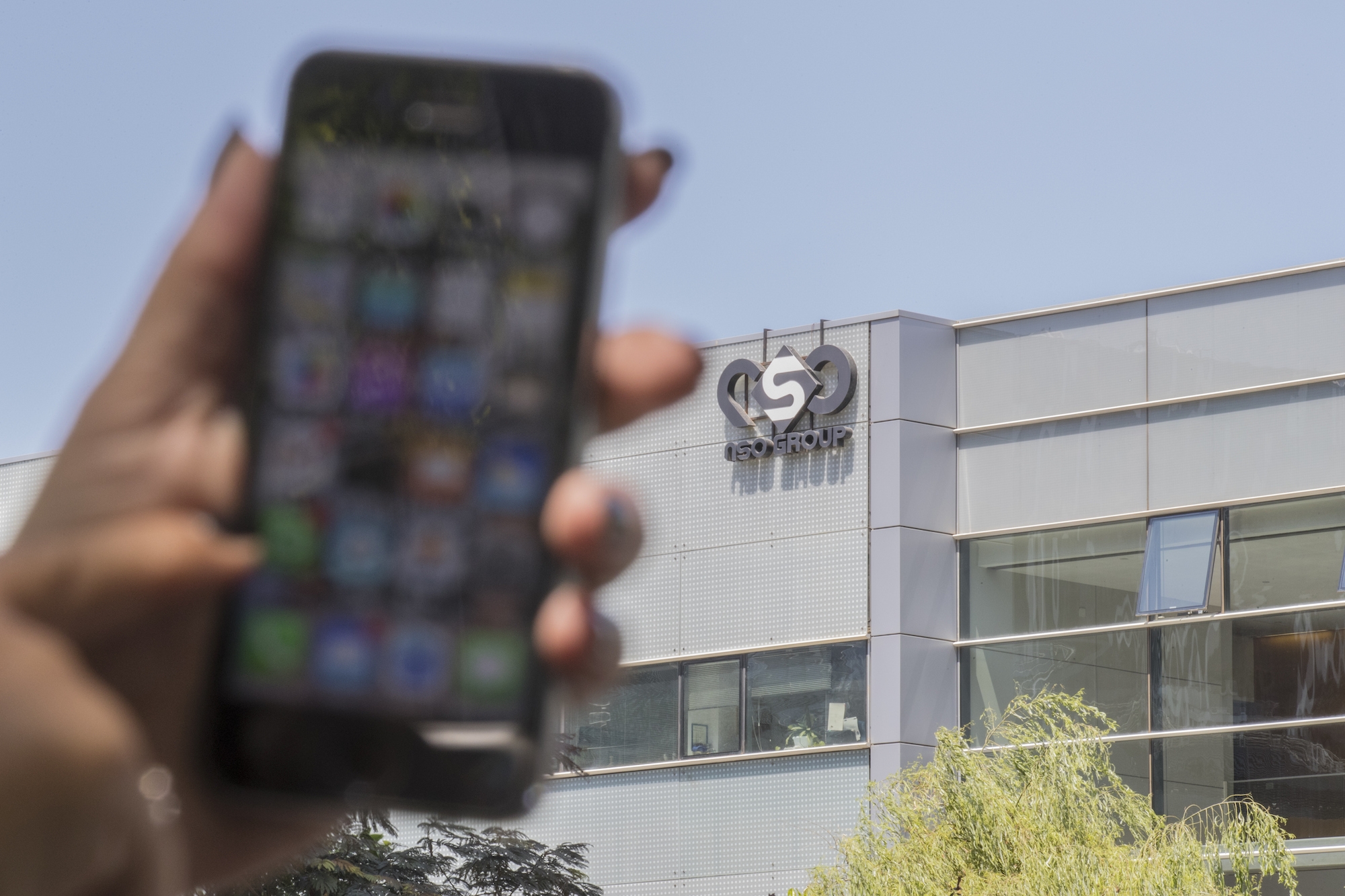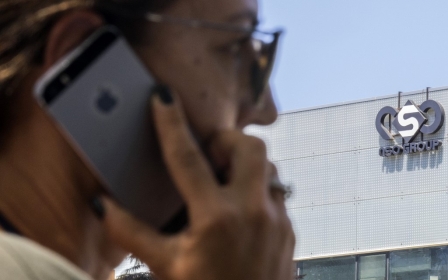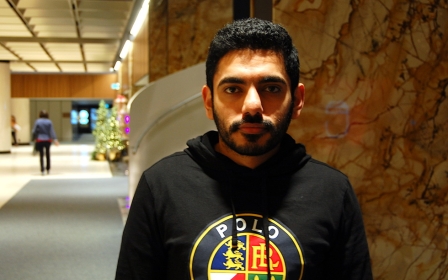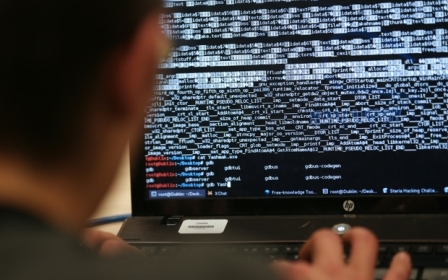Israeli court rejects NSO spyware firm's attempt to drop hacking case

A judge in Israel has ordered the NSO Group, the country’s largest surveillance company, to fight a hacking case brought against it by prominent Saudi activist Omar Abdulaziz and pay for his legal fees, the Guardian newspaper reported on Thursday.
Abdulaziz, a Saudi dissident living in Canada, claimed that his mobile phone was infected with NSO’s spyware Pegasus by an operator “linked to Saudi Arabia’s government and security services”.
Pegasus was the same software used to spy on Middle East Eye and Washington Post columnist Jamal Khashoggi, a friend of Abdulaziz’s, before he was slain by a Saudi hit team in Istanbul in 2018.
A Tel Aviv court rejected NSO’s claim that Abdulaziz's case lacked “good faith” and was abusing the country’s judicial system.
According to the judge, the broad scope of the case, especially in the matters of “the roots of constitutional values and fundamental rights”, meant that the ruling “must be public”.
New MEE newsletter: Jerusalem Dispatch
Sign up to get the latest insights and analysis on Israel-Palestine, alongside Turkey Unpacked and other MEE newsletters
The judge added that NSO should pay for Abdulaziz’s legal costs of 23,000 shekels (around $6,600).
Described by Forbes magazine as the “world’s most invasive mobile spy kit”, Pegasus takes charge of the user’s phone without their knowledge, copies data and turns on the microphone for surveillance.
A 2018 report by Citizen Lab, a research group at the University of Toronto, said NSO had licensed the software to dozens of governments with a history of abusing surveillance technology, including Saudi Arabia, Bahrain, the United Arab Emirates, Kazakhstan, Mexico and Morocco.
Multiple accusations
NSO is currently facing two other legal cases launched by prominent organisations over cyberattacks.
The Facebook-owned chat app, WhatsApp, has filed a lawsuit against NSO accusing it of unlawfully seeking to surveil journalists, human rights activists and others.
WhatsApp claims that NSO has targeted the mobile phones of more than 1,400 of its users in 20 countries in a two-week period ending in early May.
Human rights organisation Amnesty International has also complained that its staff are among those targeted by NSO spyware.
It supports a legal bid to have Israel revoke the export licence of NSO, and on Thursday a Tel Aviv district court ruled that the case would be heard behind closed door, Reuters reported.
The judge cited national security concerns in ordering the restriction, accepting the Israeli defence ministry's request to ban the public and the media from court sessions.
NSO has said it solely provides its technology to government intelligence and law enforcement agencies "to help them fight terrorism and serious crime".
Unlawful surveillance
Abdulaziz, speaking to MEE in 2018 after the murder of Khashoggi, said whoever hacked his phone would have had access to more than 400 text messages between the pair, as they had developed a friendship after the prominent journalist left Saudi Arabia.
A Saudi government insider-turned-critic and columnist, Khashoggi was murdered in his country's consulate in Istanbul on 2 October 2018 while obtaining documents needed for his upcoming nuptials with his Turkish fiancee.
The murder involved key advisers to the Saudi crown prince - including Saud al-Qahtani, one of the crown prince’s top advisers, whose alleged mentees visited Abdulaziz in Montreal and tried to convince him to return to the kingdom.
While Saudi officials have repeatedly denied Saudi crown prince Mohammed bin Salman had anything to do with what happened to Khashoggi, the CIA concluded that MBS ordered his murder, while the US Senate also unanimously said it believes that he was behind the assassination plot.
Middle East Eye delivers independent and unrivalled coverage and analysis of the Middle East, North Africa and beyond. To learn more about republishing this content and the associated fees, please fill out this form. More about MEE can be found here.




